The Blues, Episode 11: The Blues Revival
Reporting locale: Austin, Texas At the start of the 1980s, the future of the blues seemed as dark as the decade just passed. But a pair of young bluesmen, Stevie […]
 play_arrow
play_arrow
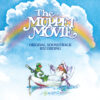 play_arrow
play_arrow
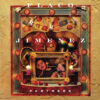 play_arrow
play_arrow
The Sounds of America: Flaco Jiménez’s Partners album BMPAudio
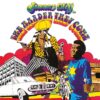 play_arrow
play_arrow
The Sounds of America: The Harder They Come Soundtrack BMPAudio
 play_arrow
play_arrow
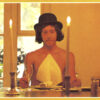 play_arrow
play_arrow
 play_arrow
play_arrow
 play_arrow
play_arrow
 play_arrow
play_arrow
 play_arrow
play_arrow
Science Of Happiness 76: If You Want to Be More Productive, Cut Yourself Some Slack BMPAudio
 play_arrow
play_arrow
 play_arrow
play_arrow
 play_arrow
play_arrow
Science of Happiness 73: How to Switch Off Your Critics BMPAudio
 play_arrow
play_arrow
 play_arrow
play_arrow
Science of Happiness 72: How To Reconnect With Your Partner BMPAudio
 play_arrow
play_arrow
The Science of Happiness 71: Do You Want To Be More Patient? BMPAudio
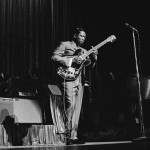 play_arrow
play_arrow
Red, White and the Blues BMPAudio
 play_arrow
play_arrow
The Science Of Happiness 70: How To Love People You Don’t Like BMPAudio
 play_arrow
play_arrow
The Science of Happiness 69: What’s Your “Why” In Life? BMPAudio
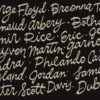 play_arrow
play_arrow
The Science of Happiness 68: From Othering to Belonging BMPAudio
 play_arrow
play_arrow
The Science of Happiness 67: Taking Small Steps toward Big Goals BMPAudio
 play_arrow
play_arrow
1A Memorial Day Special BMPAudio
 play_arrow
play_arrow
The Science of Happiness 66: How to Connect When You Must Stay Apart BMPAudio
 play_arrow
play_arrow
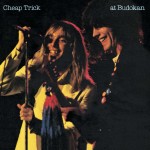 play_arrow
play_arrow
 play_arrow
play_arrow
The Science of Happiness 64: Helping Kids Think About the Good BMPAudio
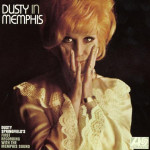 play_arrow
play_arrow
 play_arrow
play_arrow
The Science of Happiness 63: Remembering to Breathe BMPAudio
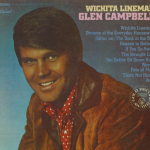 play_arrow
play_arrow
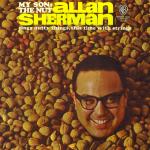 play_arrow
play_arrow
The Sounds of America: “Hello Muddah, Hello Fadduh” BMPAudio
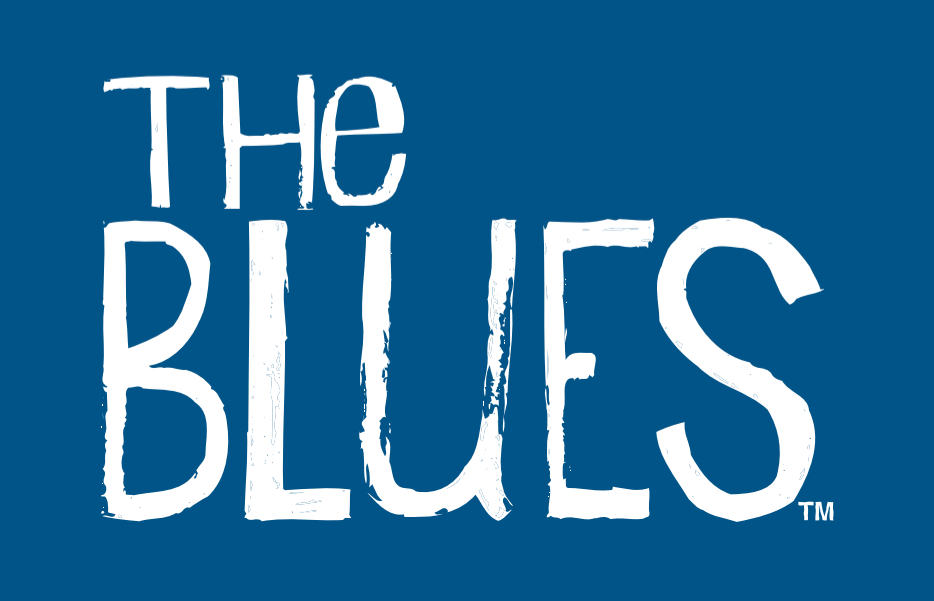
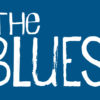 play_arrow
play_arrow
The Blues, Episode 10: The ’70s BMPAudio
Reporting locale: Chicago
Though the late ‘60s were exciting, as prolific blues-rock bands turned out gem after gem, the blues suffered its worst hangover in the decade that followed. With the rise of glam rock, country rock, and progressive rock on the white side, and funk and later disco on the black side, the blues suddenly sounded irrelevant to pop music fans. Sales of blues records plummeted, blues heroes like Howlin’ Wolf, Jimi Hendrix, and Magic Sam passed on, and a general lack of up-and-coming talent put the blues on the sidelines for most of the Seventies. Still, the blues survived. A young blues fan, Bruce Iglauer, started Alligator Records in Chicago, and sold the records he made out of the trunk of his car. Johnny Winter made some of the best blues records in Muddy Waters’ post-Chess period, while down South on the Chitlin’ Circuit, blues artists went back to entertaining black audiences, avoiding the sound of ‘60s blues-rock and focusing in on Southern fried blues that was greasy and steamy. In this episode the business of the blues, as well as its shifting demographic is explained through the insight of blues experts like Jim O’Neal, Mary Katherine Aldin, and Lawrence Cohn. Artist interviewees include Bobby Rush, Koko Taylor, and B.B. King.
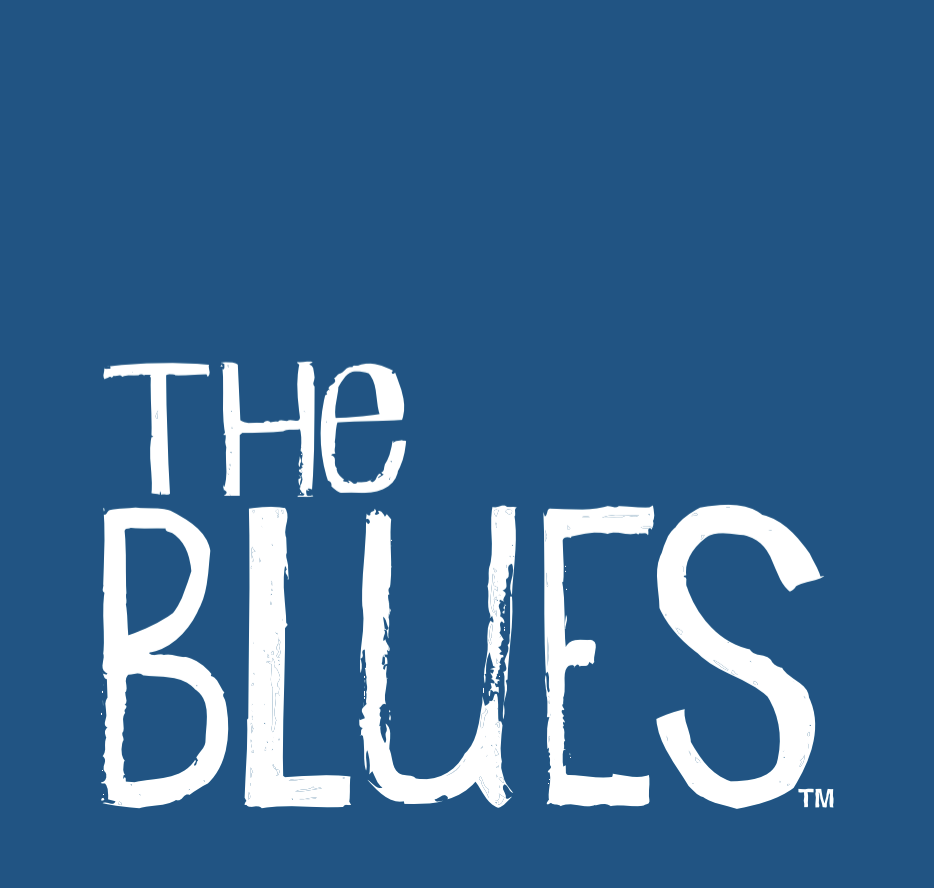
BMPAudio August 25, 2003
Reporting locale: Austin, Texas At the start of the 1980s, the future of the blues seemed as dark as the decade just passed. But a pair of young bluesmen, Stevie […]
Whether a syndicated national radio series, podcast, documentary or audiobook, BMP Audio creates imaginative, sophisticated and effective sound tracks for your ideas. Our fully digital production facilities assure the highest level of audio fidelity. The world’s top broadcast companies know this – and that’s why they choose BMP Audio.